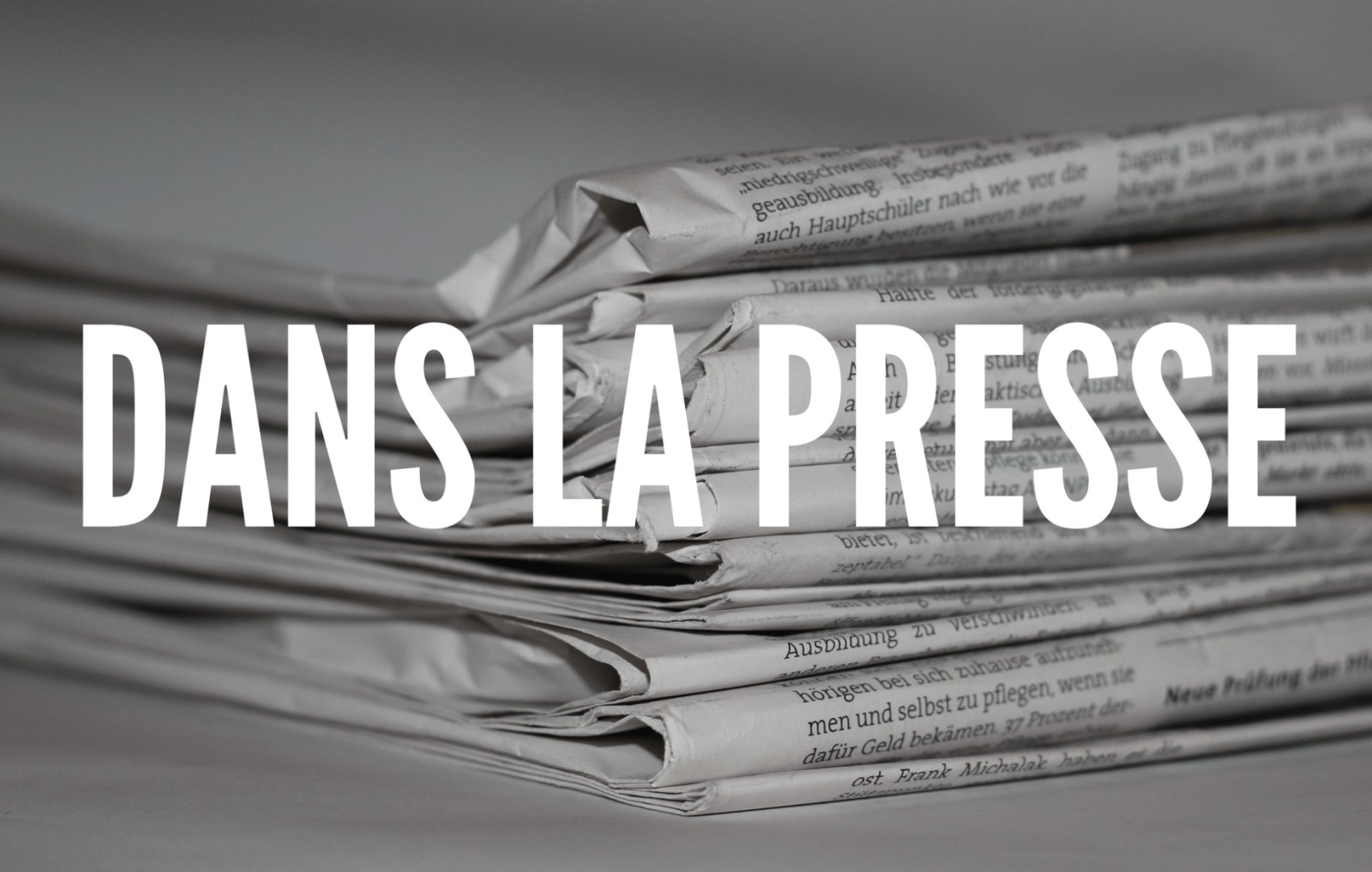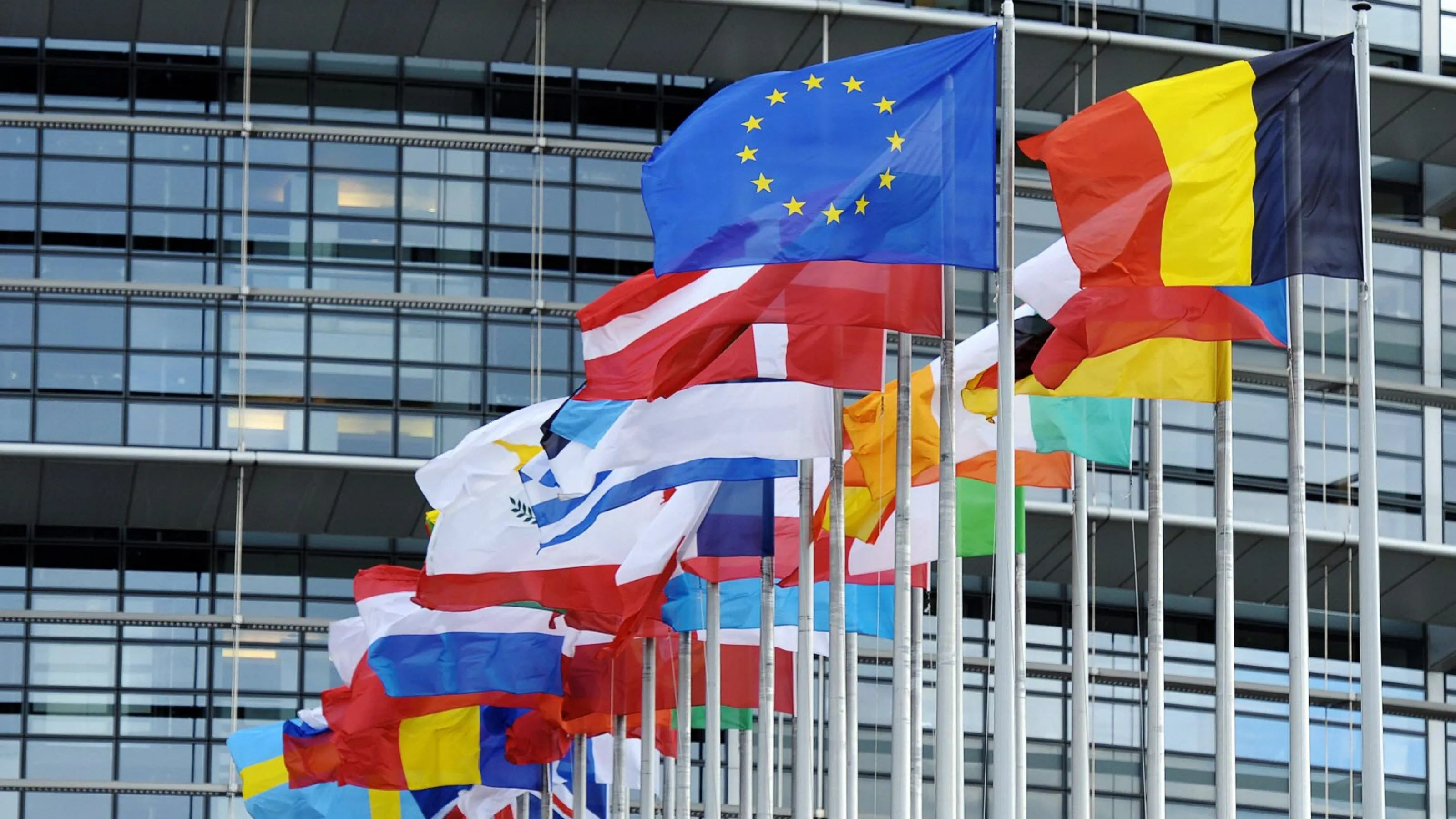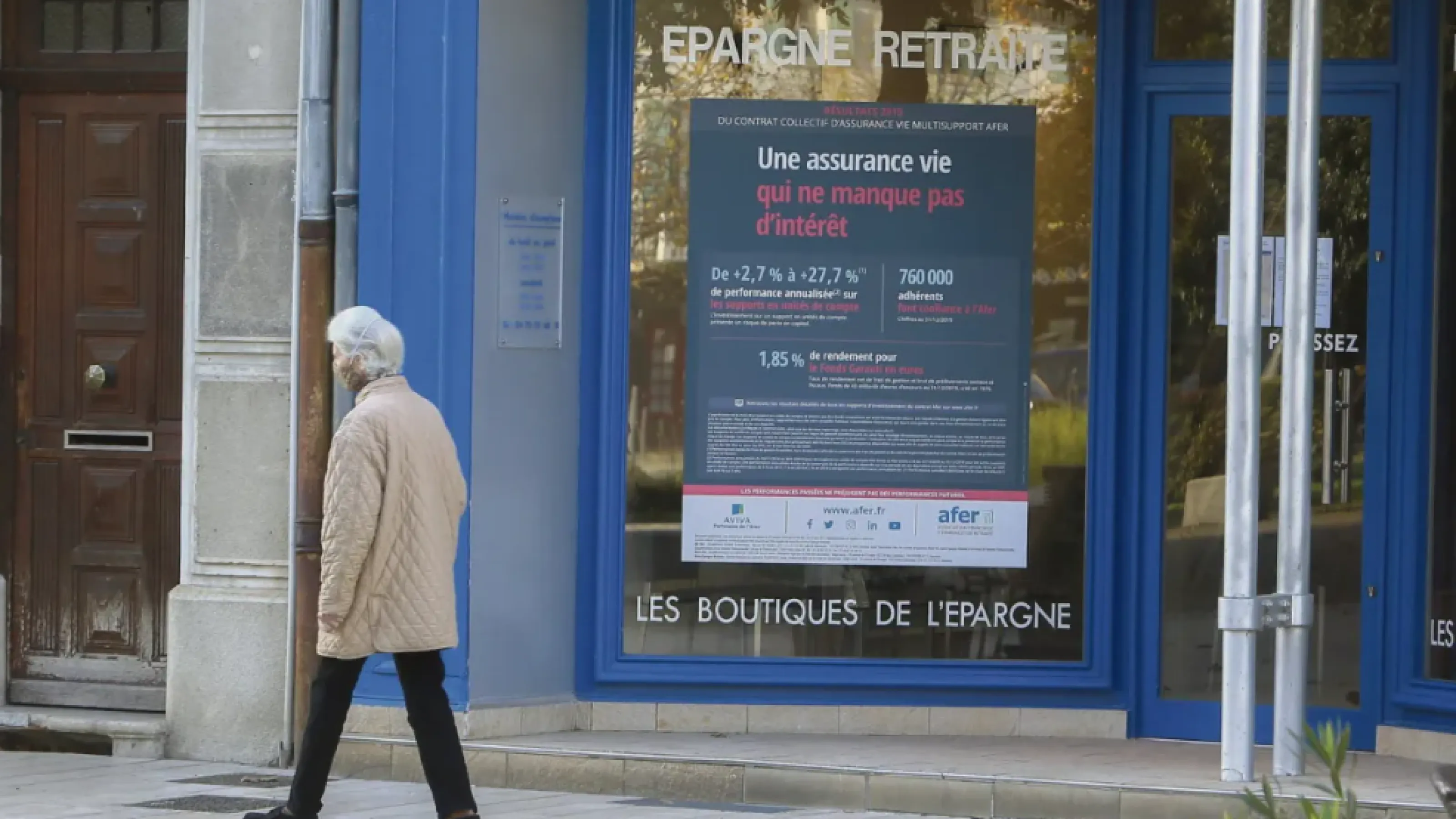The European Commission announced on Tuesday (20 June) it would create a new Strategic Technologies for Europe Platform (STEP), formerly known as the EU Sovereignty Fund, but expectations are low as no new cash has been brought to the table.
The announcement is part of the Commission’s broader review of the Multiannual Financial Framework (MFF), the EU’s 2021-2027 budget. The proposal, which seeks to redirect funds more efficiently towards Ukraine, migration and the bloc’s resilience and competitiveness, was presented on Tuesday.
It is “crucial for Europe to have a technological edge for the world of tomorrow” and counter the effects of Chinese and American large-scale tax-break and subsidy packages, Commission chief Ursula von der Leyen told journalists.
Thus, she announced the creation of a dedicated funding platform, known as ‘STEP’, to power innovative technology solutions and give EU firms the cash they need to unleash their potential.
No fresh cash, only existing funds
The idea of an EU sovereignty fund was first floated in von der Leyen’s State of the Union speech in September 2022.
However, Tuesday’s announcement was not accompanied by a fresh and ambitious financial plan. Instead, the Commission chief said that the money will be rehashed from already-existing funds, with a €10 billion top-up from member states.
The scope of the fund has been narrowed to three sectors deemed critical: deep tech, clean tech and biotech.
These sectors, von der Leyen claims, play an integral role in urgently furthering the twin green and digital transitions – a point she had already made as part of the EU’s ‘Green Deal Industrial Plan’ in February.
“We have efficient funds” that cater for innovative projects “but we have limited budgets”, von der Leyen said. Streamlining the demand and supply of existing cash thus appeared as the urgent next move.
Using cohesion funds for industrial policy
The money made available will come from a set of existing EU funds, including InvestEU, Horizon Europe, the Innovation Fund, the European Defence Fund and the Cohesion policy funds, among others.
An extra €10 billion top-up will be asked from member states, and shared among a certain number of these funds, hoping to trigger a leverage effect to reach private capital.
InvestEU, which was created in 2021 to further job creation across the bloc, will see its budget go up by an extra €3 billion which, alongside an EU guarantee of €7.5 billion, should see a leverage effect amounting to €75 billion, according to the Commission’s estimates.
Member states are also encouraged to reprogramme some of their Cohesion funds towards STEP-eligible projects. A new ‘Sovereignty seal’, granted to those projects that pursue STEP objectives would put those projects on a fast track for approval. Moreover, the Commission would offer higher funding ratios for cohesion projects that get the ‘Sovereignty Seal’.
Finally, the Commission announced it would create a one-stop-shop for all projects that relate to the three critical sectors – a so-called ‘Sovereignty Portal’.
“Strategic nonsense”
MEPs from across the political spectrum and civil society stakeholders have expressed their concerns that Tuesday’s proposal fails to go far enough to compete against the US’s Inflation Reduction Act (IRA).
“The Commission’s lack of ambition […] is strategic nonsense,” slammed Valérie Hayer, a centrist Renew MEP, while Green MEP Rasmus Andresen argued that the ‘STEP’ proposal as it stands means “there is little left of von der Leyen’s promised sovereignty fund”.
Stéphanie Yon-Courtin, a Renew MEP and expert on industry matters dubbed the new programme “such a small STEP” and told EURACTIV she wanted a “European Tech Act if we want to achieve EU digital sovereignty”.
“Washington and Beijing will be laughing at the EU’s weak proposal,” said Xavier Sol, the sustainable finance director of NGO Transport & Environment.
Even economists slammed the Commission’s approach as yet another proof that “the current EU system remains fundamentally incapable of productive industrial policy”, Berlin Jacques Delors Institute’s Nils Redeker tweeted.
“At least we now have a proposal on the table,” Hayer told EURACTIV. She said she’s gearing up to put “extra pressure” on the Commission when the text reaches Parliament: “We’ll be talking about it for months to come”.
Up in the air until the last moment
The STEP is “nothing more, nothing less than the transformation of the EU sovereignty fund” into something that is “immediately available”, Budget Commissioner Johannes Hahn told journalists.
He claimed there had been a demand from member states for a quick fix rather than “getting lost in negotiations to have a new fund”.
Until the last moment, the contours of the STEP had remained unknown – including its final name – after much disagreement within the Commission over what its scope should be.
Back in February, von der Leyen had already announced the setting up of an EU Sovereignty Fund, though much was in the air over the financing capacities, and whether the Commission would look to secure fresh cash – including through a new round of common debt.
Internal Market Commissioner Thierry Breton, once a prominent supporter of new EU debt, had ruled out the option last March – confirmed by several EU officials, who reckoned the financial structure would be limited to a rerouting of existing EU funds, as a more ambitious proposal would generate significant pushback from Germany.
L'article original ici.
 Stéphanie Yon-Courtin
Stéphanie Yon-Courtin



